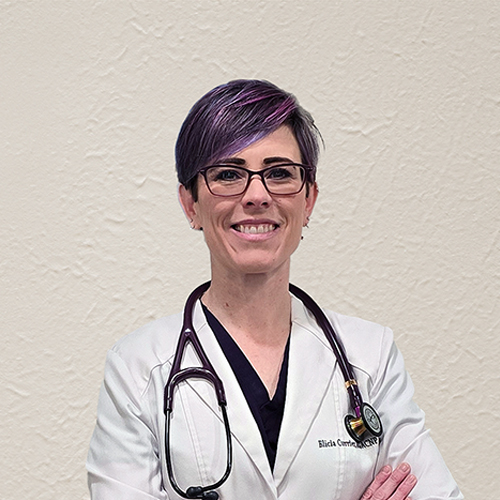Why is Phosphorus Important?
Your kidneys help remove extra phosphorus from your blood. When your kidneys don’t work well, phosphorus can build up and cause problems like:
- Weak bones and bone pain
- Hardening of blood vessels (which can increase heart risk)
- Other health issues
Phosphorus and Kidney Disease: What You Should Know
- Early stages of kidney disease (Stages 1–3): Usually, you don’t need to limit phosphorus unless your blood test shows it’s high.
- Later stages (Stages 4–5, not on dialysis): You may need to eat less phosphorus if your levels start to rise.
- If you are on dialysis: Controlling phosphorus is very important because your diet often includes more protein, which contains phosphorus.
Foods High in Phosphorus to Limit or Avoid
Try to eat less of these:
- Milk, cheese, yogurt, and other dairy products
- Processed meats like deli meats, hot dogs, sausages
- Nuts and seeds
- Colas and sodas with phosphate additives
- Processed or fast foods with added phosphorus
Foods Lower in Phosphorus That Are Safer Choices
You can enjoy these more often:
- Fresh fruits and vegetables
- White bread and rice (instead of whole grain, which has more phosphorus)
- Lentils and beans (in moderation)
- Fresh meats like chicken or fish (without processed additives)
Helpful Tips
- Read food labels carefully — look for ingredients like “phosphates,” “phosphoric acid,” or anything with “phosph-” — these are added phosphorus.
- Avoid fast food and processed foods when possible, as they often have extra phosphorus.
- Work with your dietitian or healthcare team to find a balanced diet that meets your nutrition needs.
Remember
- Your doctor will check your blood phosphorus levels regularly and tell you if you need to adjust your diet.
- Don’t cut back on protein too much — it’s important for your health! Your dietitian will help you find the right balance.
- Taking medications called phosphate binders may be needed if diet changes aren’t enough to control phosphorus.




